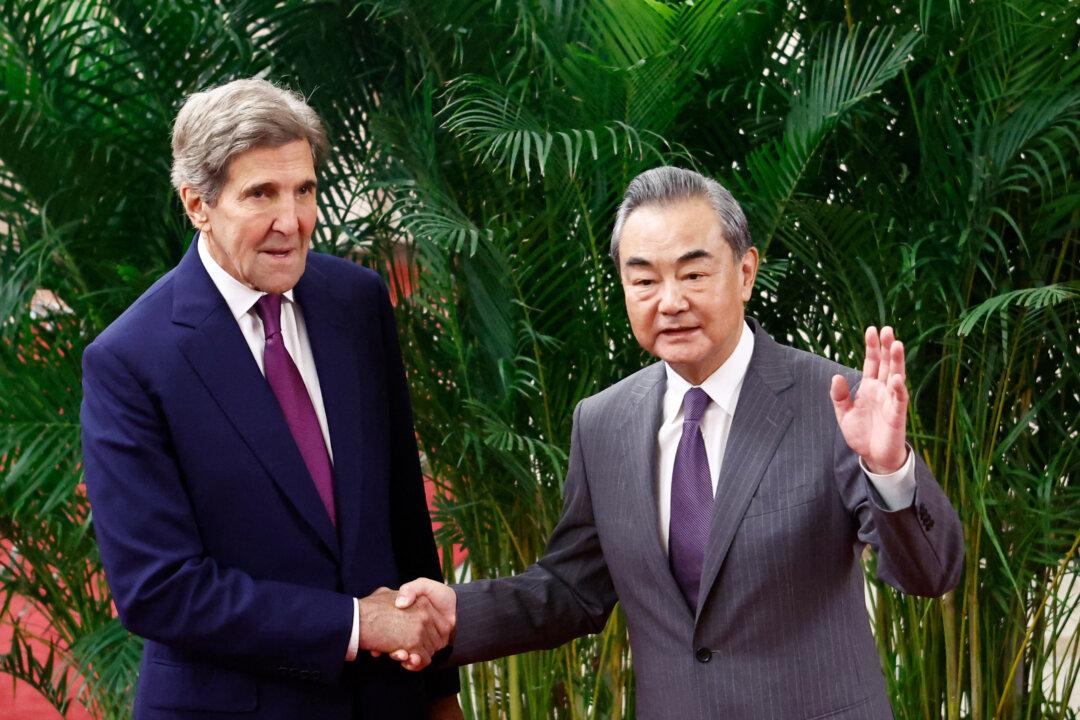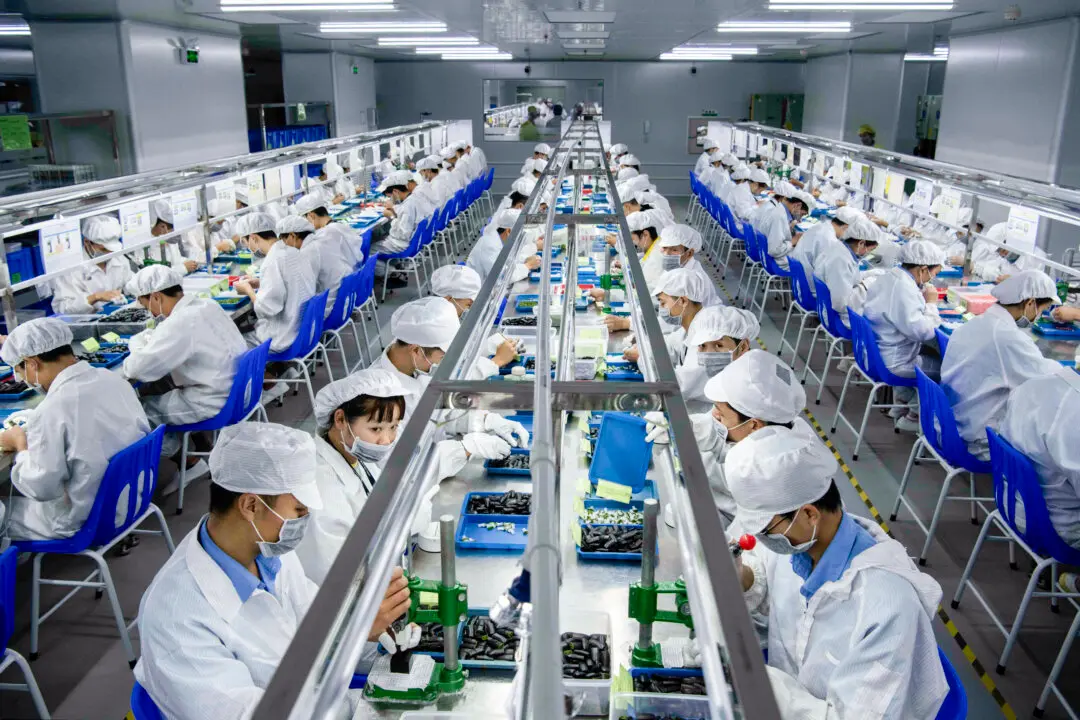U.S. climate envoy John Kerry said he hopes that climate negotiations could pave the way for improved ties with China. Still, critics claim that China’s ruling Chinese Communist Party (CCP) uses climate issues as a “bargaining chip.”
On July 18, Mr. Kerry held talks with the CCP’s top foreign affairs official, Wang Yi. The discussion marks the second day of bilateral climate meetings after Mr. Kerry spoke to his Chinese counterpart, Xie Zhenhua, on Monday.





